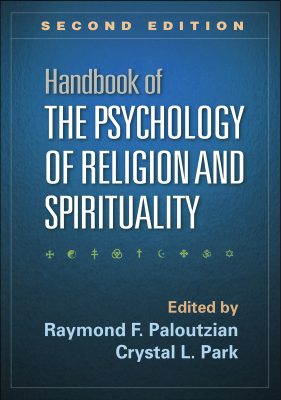The psychology of religion and spirituality is a core focus of our lab. Some of the issues we have been examining recently include the influence of specific beliefs on well-being, the reciprocal changes of religiousness/spirituality and appraisals of stressful events, and the potential moderating influences of religiousness/spirituality of links between stress and mental and physical health. One current study funded by the Templeton Foundation involves developing religion-specific measures of meaning making to provide more in-depth understanding of the roles of religion in making meaning of suffering; another Templeton-funded study is examining the processes by which people seek divine forgiveness after committing a moral transgression. Another current project (supported by the Issachar Fund) seeks to better understand scientific versus religious meaning systems.
Selected Publications:
Park, C. L., Hall, M. E. L., McMartin, J., Silverman, E. J., Kapic, K.,, Shannonhouse, L., & Aten, J. (in press). Religious affiliation moderates associations between theodicies and mental health in people experiencing significant suffering from bereavement, illness and other Stressors. Mental Health, Religion, and Culture.
Park, C. L., & Wilt, J. (in press). Interplay among daily gratitude to God, hassles and uplifts, and positive and negative affect. Journal of Positive Psychology.
